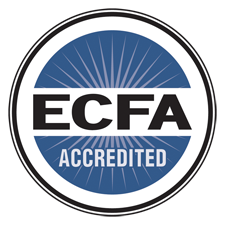Karen McReynolds
That Poor Crap
I teach science to college students who are not very interested in science. This can be challenging - more so than I would like at times. Most of the time, students land in my biology or earth science class so they can meet the general education requirements of our liberal arts Christian university and never have to learn anything about living things or the earth again. While these are not ideal circumstances for teaching science, I do the best I can. Because of His goodness and His love for the world and its creatures, God blesses my efforts. He also rewards me with occasional moments of outrageous laughter.
Toward the end of the last semester, when our visit to the Ocean Institute fell through at the last minute, I assigned students to do some internet sleuthing and find three lengthy videos about various aspects of the ocean. They were to watch each of them and evaluate them according to content and educational value. One student turned in the following paragraph as part of her assignment. I rewrite it here verbatim.
The second critter of the sea is a creature called the “Manta Shrimp”, these shrimp are bright in color and are extremely powerful for their small size. At one point in the video you see a crap run for cover under a glass, for most creatures this would make the crap safe, however not for the Manta Shrimp. This creature has arms or extensions that come out from the base of his body and have the power to hit something at the same strength as a 22 round bullet. That poor crap didn’t have a chance, not only did the Manta Shrimp break the glass it was able to break the crab’s shell with one swing.
In case you were wondering, I do have the student’s permission to use this. I happened to see her after the semester ended and I pointed out this particular paragraph to her. We both had a good laugh over it; she is a good sport. A better sport than writer, perhaps, but it is undeniable that she learned something about ocean life from this assignment. She also improved her understanding of the complexity and wonder of nature, and genuinely speaks differently now than she did at the start of the semester about the natural world. If this is the result of my teaching efforts, I guess I can take a little crap along the way.
Related:
Notes from Ms. Frizzle (Reflection on life, nature and death)
Notes from Ms. Frizzle (Reflection on Nat. Science Teachers Association conference)
Notes from Ms. Frizzle (Zacchaeus and the Monkey Swing Tree)
Notes from Ms. Frizzle (Close Encounter with a Bimac)




